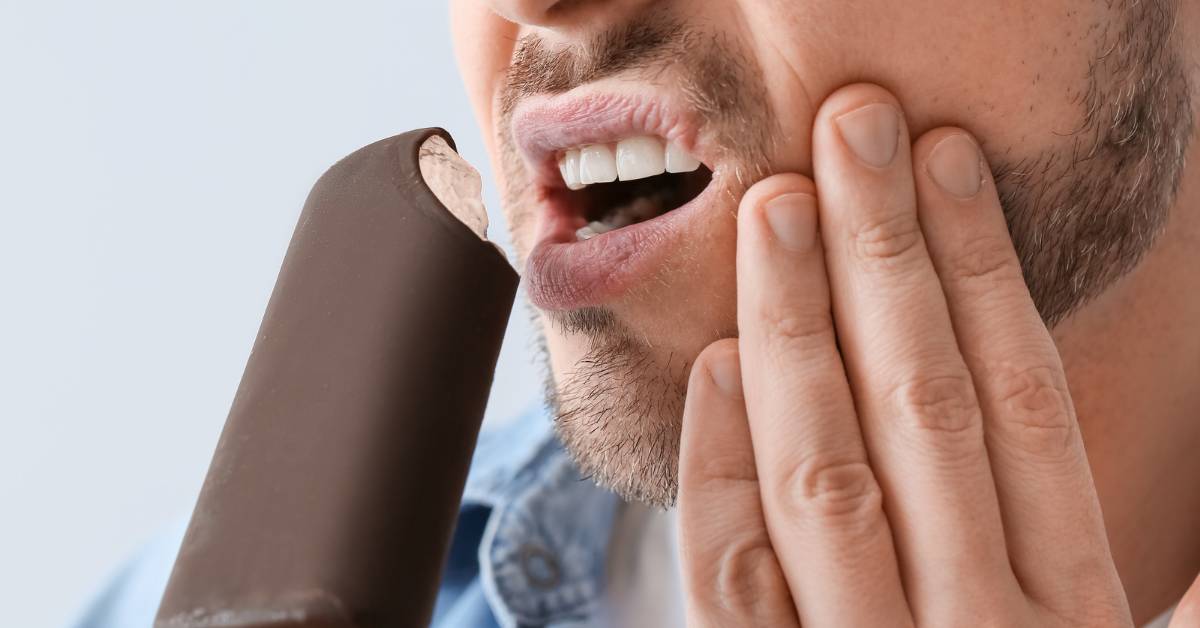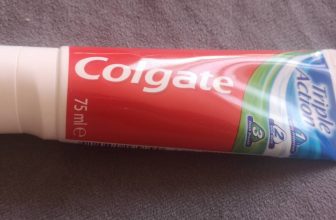
It’s common to feel a twinge of pain when eating sugary or sweet foods and beverages. While this can be an annoyance, it’s essential to understand what might be causing the sensitivity in order to address the issue adequately. Let’s look closer at why teeth are sensitive to sugar and what you can do about it.
The Causes of Teeth Sensitivity

When it comes to tooth sensitivity, there are several factors at play. The most common cause is receding gums, which exposes more of the dentin layer underneath the enamel. Dentin contains nerve endings that will send signals of discomfort when exposed to hot or cold temperatures or when in contact with acidic or sugary food and drinks. In addition, certain medical conditions like acid reflux and bulimia can weaken tooth enamel over time, increasing sensitivity. Other causes include over-brushing, using a hard-bristled brush, and even grinding your teeth while asleep.
What sugar does to teeth
Sugar consumption may give your taste buds a pleasant experience, but it is not so kind to your teeth. Sweet snacks are packed with fermentable carbohydrates that react with mouth bacteria and produce acids that corrode tooth enamel.

This can cause sensitivity while weakening the protective layer of dental defenses even more. Therefore, when enjoying confectionery treats, occasionally try limiting sugar content for healthier teeth protection from erosion every day!
Sugar is quite hard to get off your teeth.
Sugar residue must be thoroughly removed from the mouth if one wishes to preserve their oral health. This can prove difficult, as a quick brushing or rinsing after sugary foods is not enough to eliminate all harmful particles. Instead, it is recommended that individuals wait at least half an hour before performing a more thorough brushing and flossing of the teeth and gums. This additional time allows the sensitive enamel to stabilize so that it can better withstand the pressure of being brushed without sustaining damage.
4 Ways To Reduce Tooth Sensitivity To Sugar
Fortunately, you can take some simple steps to prevent further damage and reduce your sensitivity to sugar.
1.Brush Twice a Day

The first step in managing your tooth sensitivity is to brush twice a day with a gentle but effective fluoride-based toothpaste. Brushing helps remove plaque and bacteria buildup that can cause decay and contribute to enamel erosion. Additionally, brushing helps keep gums healthy by reducing inflammation that can lead to gum recession.
2.Use Fluoride Rinse

Fluoride plays an important role in helping protect against enamel erosion, so using a fluoride rinse is recommended for those with sensitive teeth. Rinse with a fluoride-containing mouthwash at least once daily after brushing to strengthen the enamel on your teeth and reduce your risk of developing cavities.
3.Avoid Acidic Beverages

Acidic beverages like soda, sports drinks, energy drinks and lemonade can erode the enamel on your teeth over time, leading to increased sensitivity when consuming sugary items later on. If you consume acidic beverages regularly, try sipping them through a straw to help reduce their contact with your teeth and rinsing with plain water afterwards.
4.Visit Your Dentist Regularly

Last but not least, regular visits to your dentist will help ensure that any underlying issues causing the sensitivity are detected early on before they worsen over time.
At each visit, feel free to ask questions about your oral health so that you can better understand how best practice habits like daily flossing and avoiding excessive sugar consumption can benefit you in the long run!
Frequently Asked Questions
Why my teeth hurt when eating sweets when I have no cavities?
Eating sweets can be a pleasurable sensation, but it can also be a source of discomfort if your teeth are feeling sensitive. If eating sweets leaves you with an uncomfortable feeling in your mouth and your dentist does not find any cavities, then you may have sensitive teeth – dentists call this dentin hypersensitivity. This is when the enamel that protects your tooth is thin or worn away, allowing the small tubes found on the surface of the dentin to become more exposed and causing its own intense reaction upon contact with certain foods. Luckily, various techniques and products can help treat these symptoms so you can enjoy eating sugary foods again without worrying about pain.
If i stop eating sugar, will my teeth improve?
If you decide to stop eating sugar, your teeth may indeed improve! Reducing your daily sugar intake leads to improved oral health because sugar is one of the main contributors to cavities and other dental ailments. Cutting out or reducing sugary snacks has been proven to reduce plaque, help prevent enamel eroding and maintain a healthy mouth in general. Though the effects are not instant, some improvements can be seen quickly. A consultation with your dentist will be a great way to measure any progress made on your teeth following cutting back on the sweetness.
Conclusion
Sensitivity when consuming sugary items doesn’t have to be something you live with; there are ways that you can manage it proactively! By following these simple tips – brushing twice daily with an effective fluoride toothpaste; using a fluoride rinse; avoiding acidic beverages; and visiting the dentist regularly – you should be able to prevent further damage also, reducing existing discomfort due to sensitive teeth related to sugar consumption. As always, if you have any additional questions or concerns about your oral health, please don’t hesitate to reach out and speak with one of our dentists!







